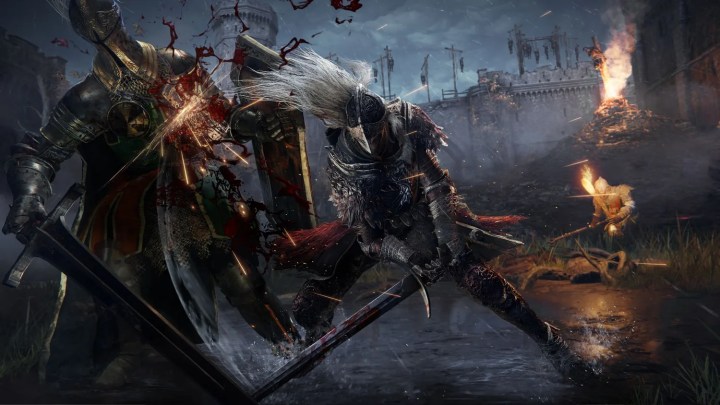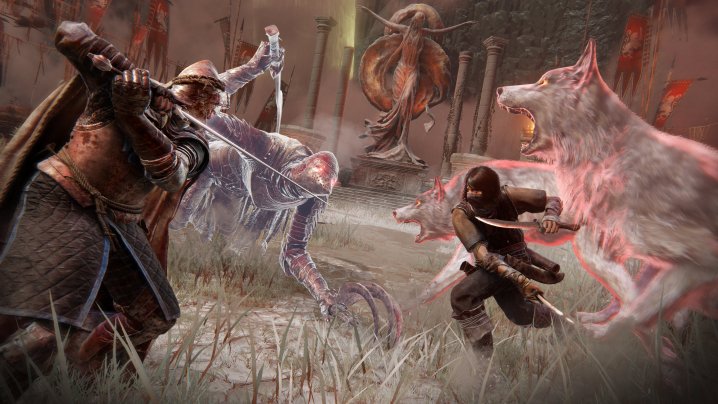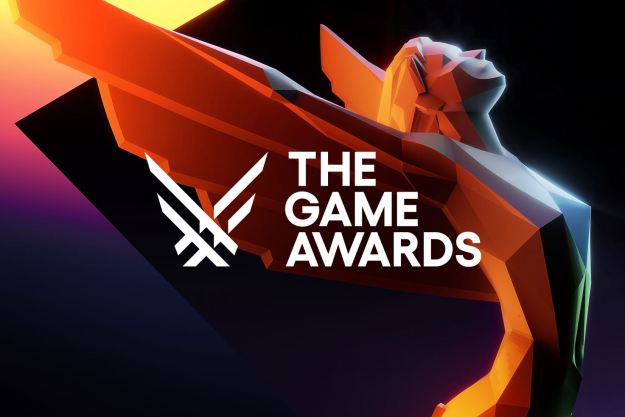By all accounts, The Legend of Zelda: Tears of the Kingdom is a fantastic sequel. Digital Trends’ review highlights how adding sky islands, a massive cavern below Hyrule, and creation abilities give players tools to create their own puzzle solutions and blow the game open. It doubles down on all of Breath of the Wild’s strengths but builds upon them in innovative ways that make this sequel feel truly different from its predecessor. If, or when, Elden Ring gets a follow-up, I hope its sequel does the same.

While not officially announced, FromSoftware owner Kadokawa Group has outright stated that it is “pursuing the maximization of profit by prolonging the life of IP.” That makes a sequel to Elden Ring feel inevitable. The upcoming Shadow of the Erdtree expansion will likely introduce some ideas of its own, but a sequel is where FromSoftware has an opportunity to change things up.
And if that opportunity for an Elden Ring sequel does come to fruition, I hope that FromSoftware is as boldly ambitious with
What makes for a great sequel?
I’m not the biggest fan of Elden Ring, but I still recognize how monumental of a release it was for the game industry. It was a massive jump from Dark Souls 3 and Sekiro: Shadows Die Twice, taking FromSoftware’s proven Souls formula and unleashing it on a Breath of the Wild-like open world. Elden Ring could still feel unapproachable at times, but there’s no denying that this is a brilliant evolution of a formula that the Dark Souls series had pushed to the limits.
Because Elden Ring was such a success, there’s a demand for more. And the easiest way to capitalize on that would be to pump out sequels quickly that refine the core formula but don’t do that much that’s new. FromSoftware could undoubtedly find success that way, and that version of

Similarly to Elden Ring, Breath of the Wild was a revelation compared to many of the Zelda games that came before it, eschewing series conventions to try something new. The result was one of the best games of all time and warranted a sequel, but Nintendo didn’t want to do more of the same. At first glance, the fact that Tears of the Kingdom shares many visual assets and even some map design with Breath of the Wild may seem unambitious and disappointing. That couldn’t be further from the truth.
Instead, Nintendo used Breath of the Wild similarities to, as Tears of the Kingdom director Hidemaro Fujibayashi puts it, “create new gameplay.” That meant deepening the ways players interact with the world, whether by fusing any of the items they pick up or building an Ultrahand contraption that the game didn’t tell you about to solve a puzzle.
It’s a formula that’s worked wonders in immersive sims, and applying it to an open-world action-adventure game has also worked wonders. Nintendo didn’t play it safe with Breath of the Wild, even though it still could have sold millions of copies doing so, and that’s very commendable. In turn, it also makes me want to see the developers of other lauded games do the same.

I’m not saying that a potential Elden Ring 2 needs its own version of Ultrahand or Fuse; that would feel derivative. I’ll leave coming up with genius new design ideas to the developers who make these great games. Still, a focus on creating new and innovative gameplay experiences while also honoring what came before is the formula that results in the best sequels.
Sequels to great games should feel like the leap from Dark Souls 3 to Elden Ring, not the jump from Dark Souls to Dark Souls II. If I just wanted more of
We’ve seen Tears of the Kingdom pull that off while following up Breath of the Wild, so an Elden Ring 2 that feels like anything less than that would feel disappointing. That’s a high bar for
The Legend of Zelda: Tears of the Kingdom is available now for Nintendo Switch. Elden Ring is available for PC, PS4, PS5, Xbox One, and Xbox Series X/S.
Editors' Recommendations
- This beloved feature almost ruined Zelda: Tears of the Kingdom
- Elden Ring: Shadow of the Erdtree finally arrives this June
- 2023 set an incredibly high bar for video game sequels
- Zelda: Tears of the Kingdom isn’t our Game of the Year, but it’s the strongest No. 2 ever
- The 10 best video games of 2023




